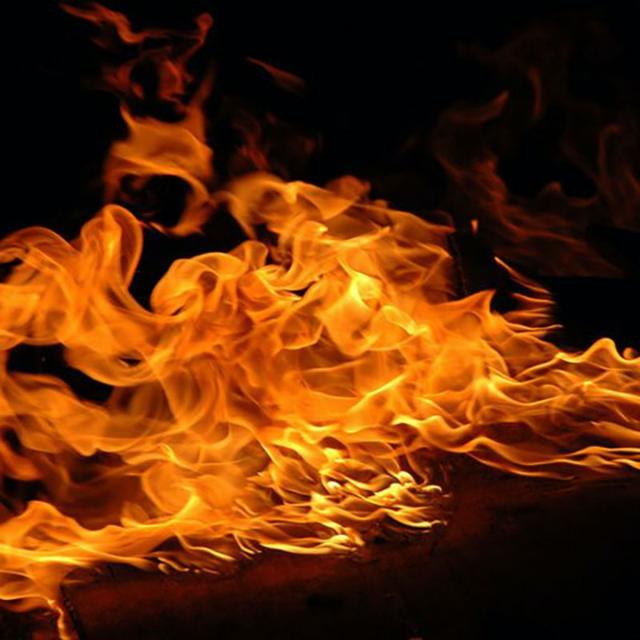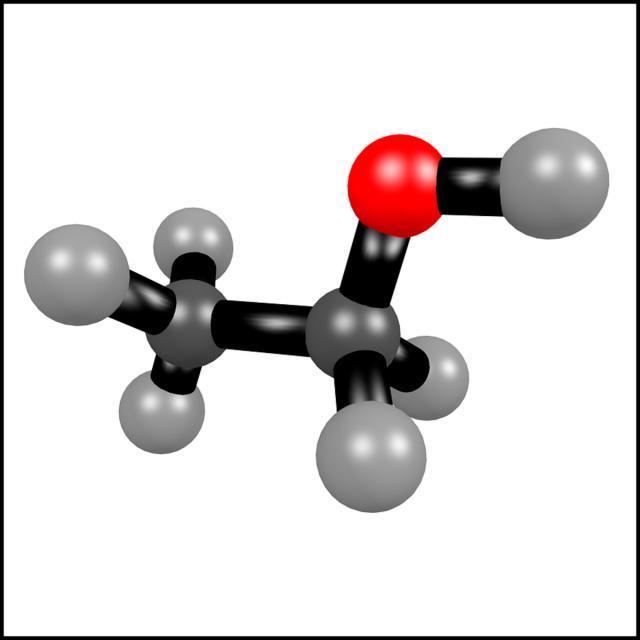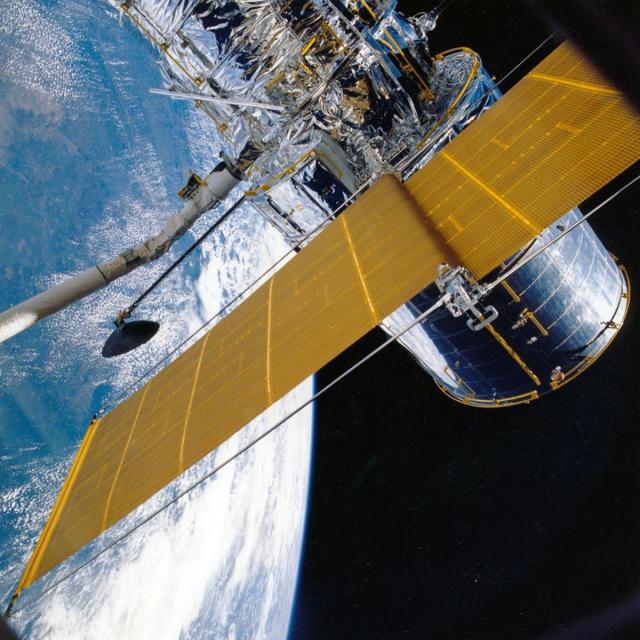Non-Equilibrium Applications of Statistical Thermodynamics (Coursera)
Categories
Effort
Languages
Course 5 of Statistical Thermodynamics explores three different applications of non-equilibrium statistical thermodynamics. The first is the transport behavior of ideal gases, with some discussion of transport in dense gases and liquids. It starts with simple estimates of the transport properties of an ideas gas. It then introduces [...]
Apr 29th 2024





